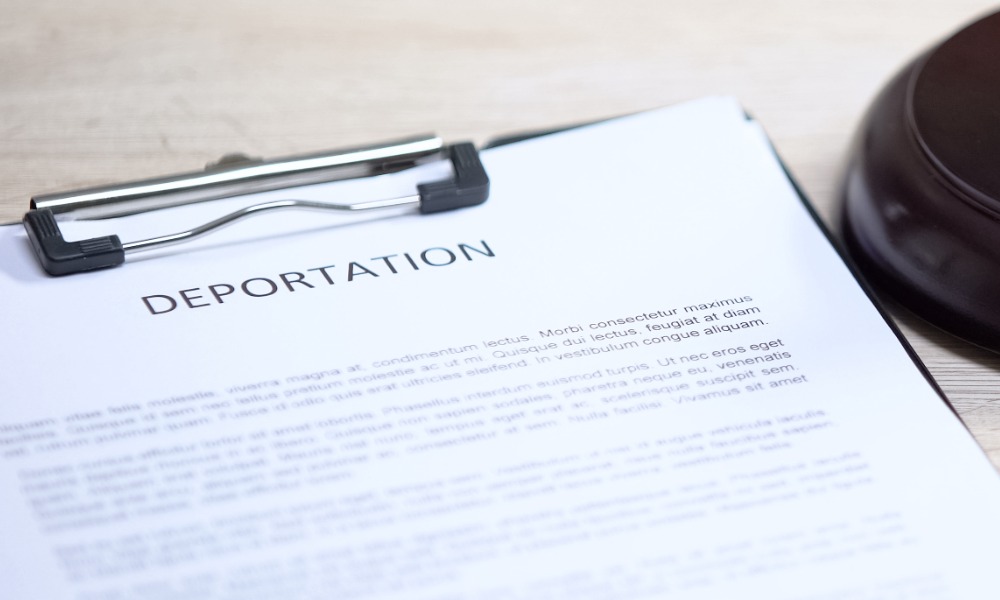New Zealand’s productivity in the workplace has stalled – could employee’s technology bad habits be the cause?
Kiwis may be putting in more hours at work, however the results aren’t showing in the country’s productivity. So why are we working longer but not achieving more? One business coach suggests the blame lies with technology because of its interruptive nature and bad habit forming bias.
Rise Advisory director Jerome Jacobs said based on his experience working with the self-employed and small business owners, the urge to check email, respond instantly to text messages and check news online are among the time-wasting bad habits contributing to long, unproductive hours.
“The average Kiwi is working more than 50 hours a week according to the MBIE, but the NZ Productivity Commission tell us that growth has stalled,” Jacobs said. “It’s hardly surprising when you consider that much of the day is wasted on bad habits which are invariably introduced and encouraged by technology.”
The Ernst & Young New Zealand Productivity Pulse found that Kiwis spend 15% of their day on activities that waste time and effort such as email, social media and internet browsing, while international studies have shown that bad habits like constantly checking email have specific prompts.
“Notifications, alerts, email prompts… all of these are the results of apps and various software solutions that are supposed to make us more productive but in actual fact they’re cues that interrupt our focus and grow bad habits – constantly checking your phone is a bad habit and wasteful,” he said.
To become more productive users need to change the way they use technology in the workplace, Jacobs explained.
“The answer is cultivate good workplace habits – a set of rules, policies or procedures – that, if practised regular, lead to more productive use of time. For example, check email only three times a day – have an auto response that goes out to people who have emailed you telling them you only check email once or twice a day.”
Jacobs offers the following tips to identifying bad habits and changing them:
1. Begin by observing your behaviour. What bad habits do you identify as time wasters?
2. Observe when you check social media. How much time is spent on emails? What prompts you to browse the internet?
3. Understand what triggers your habit.
4. Ask yourself how you can eliminate the trigger. If it’s a notification, turn those off and shut down your email browsers until a scheduled time.
5. Exercise willpower in overcoming the urge that precedes a bad habit.
6. Develop a set of rules, policies and systems to structure your day. For example, checking social media for only 20 minutes a day.
“You could take it a step further by making your social media activity a 20 minute checkbox process – particularly if it is important to customer communications or business development,” Jacob adds. “Tick it off and move on – the very act of ticking off the activity makes it easier to resist later in the day.”
Rise Advisory director Jerome Jacobs said based on his experience working with the self-employed and small business owners, the urge to check email, respond instantly to text messages and check news online are among the time-wasting bad habits contributing to long, unproductive hours.
“The average Kiwi is working more than 50 hours a week according to the MBIE, but the NZ Productivity Commission tell us that growth has stalled,” Jacobs said. “It’s hardly surprising when you consider that much of the day is wasted on bad habits which are invariably introduced and encouraged by technology.”
The Ernst & Young New Zealand Productivity Pulse found that Kiwis spend 15% of their day on activities that waste time and effort such as email, social media and internet browsing, while international studies have shown that bad habits like constantly checking email have specific prompts.
“Notifications, alerts, email prompts… all of these are the results of apps and various software solutions that are supposed to make us more productive but in actual fact they’re cues that interrupt our focus and grow bad habits – constantly checking your phone is a bad habit and wasteful,” he said.
To become more productive users need to change the way they use technology in the workplace, Jacobs explained.
“The answer is cultivate good workplace habits – a set of rules, policies or procedures – that, if practised regular, lead to more productive use of time. For example, check email only three times a day – have an auto response that goes out to people who have emailed you telling them you only check email once or twice a day.”
Jacobs offers the following tips to identifying bad habits and changing them:
1. Begin by observing your behaviour. What bad habits do you identify as time wasters?
2. Observe when you check social media. How much time is spent on emails? What prompts you to browse the internet?
3. Understand what triggers your habit.
4. Ask yourself how you can eliminate the trigger. If it’s a notification, turn those off and shut down your email browsers until a scheduled time.
5. Exercise willpower in overcoming the urge that precedes a bad habit.
6. Develop a set of rules, policies and systems to structure your day. For example, checking social media for only 20 minutes a day.
“You could take it a step further by making your social media activity a 20 minute checkbox process – particularly if it is important to customer communications or business development,” Jacob adds. “Tick it off and move on – the very act of ticking off the activity makes it easier to resist later in the day.”





